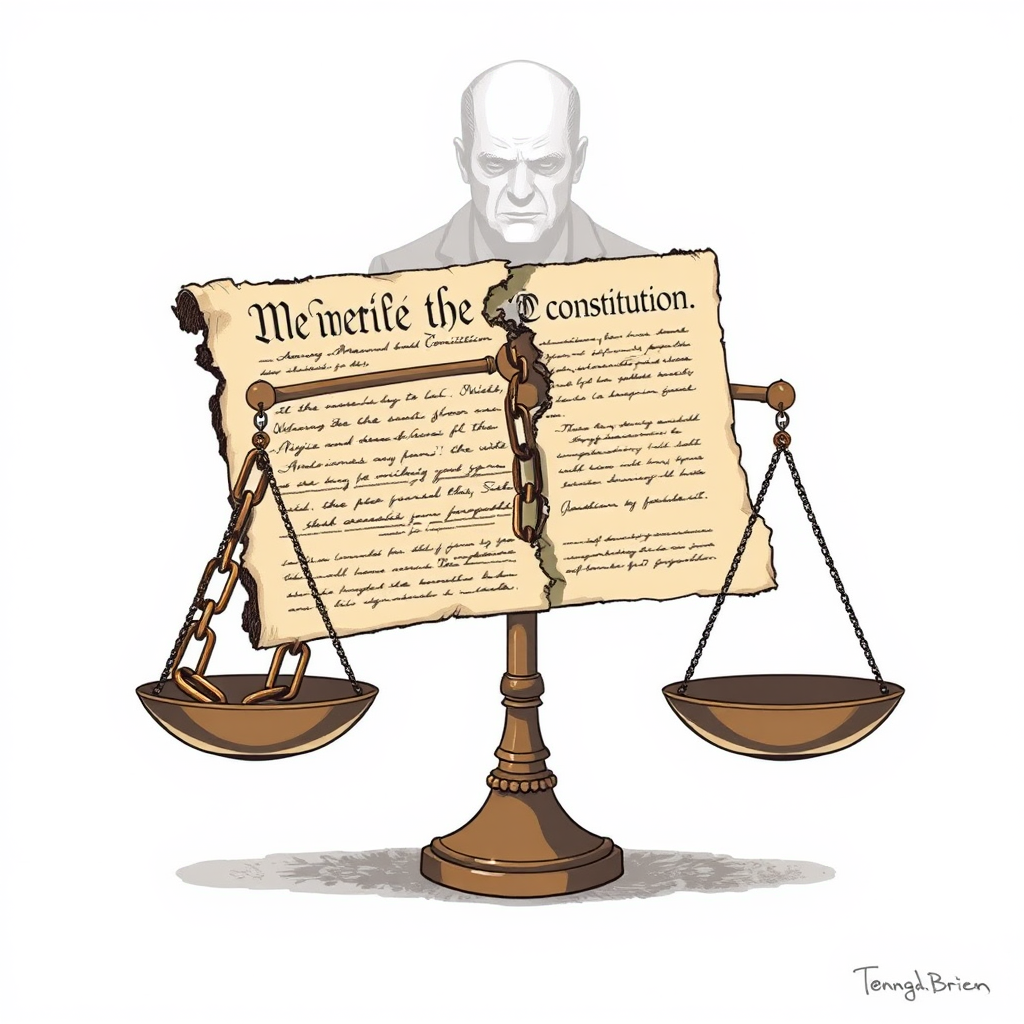Trump Aide Hints at Suspending Constitutional Rights

A Trump administration official signaled a potential willingness to circumvent constitutional protections regarding due process, raising alarm among legal analysts. Stephen Miller, a top aide to former President Trump, reportedly suggested the administration might suspend the writ of habeas corpus – the right of a detained person to challenge their imprisonment before a judge – if courts don’t align with its aggressive deportation policies.
According to a recent Slate article by Shirin Ali, Miller told reporters that the suspension of habeas corpus is “an option we’re actively looking at,” citing the constitutional clause allowing suspension “in times of invasion.” He explicitly linked this possibility to judicial cooperation, stating the administration’s actions would depend on “whether the courts do the right thing or not.”
The suggestion is a direct challenge to established legal precedent. While the Constitution permits the suspension of habeas corpus, that power rests with Congress, not the President. The article highlights the case of Kilmar Abrego Garcia, deported to El Salvador without a court hearing, as an example of existing disregard for due process.
Georgetown law professor Steve Vladeck, quoted in the Slate piece, characterized the administration’s stance as a gamble that the public won’t closely examine the Constitution. He points out that neither an actual invasion is occurring, nor does the suspension clause grant the President the authority to suspend habeas corpus unilaterally.
This thinly veiled threat represents a dangerous escalation in the ongoing tension between the executive and judicial branches. It’s a clear attempt to intimidate the courts into accepting policies that may be legally questionable, and it underscores a broader pattern of disregard for constitutional norms. The willingness to openly discuss suspending a fundamental right, even under the guise of national security, should be deeply concerning to anyone committed to the rule of law. The situation demands careful scrutiny and a robust defense of constitutional principles.